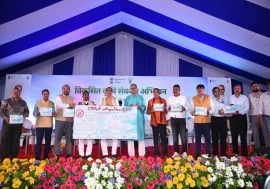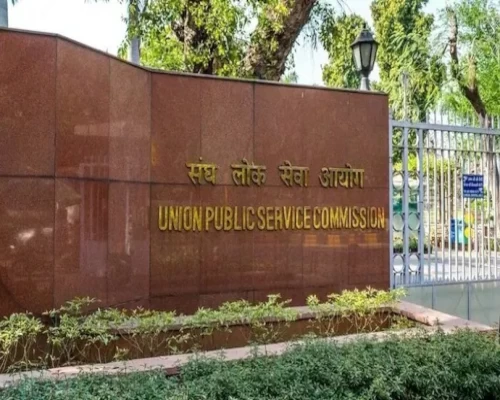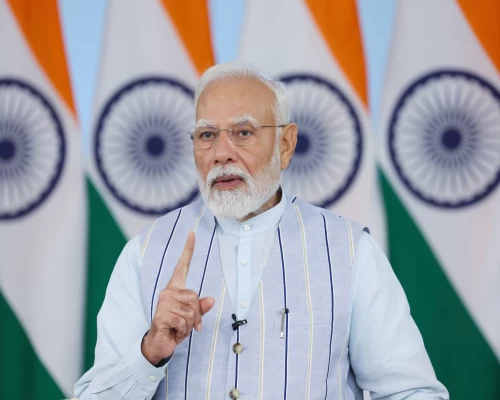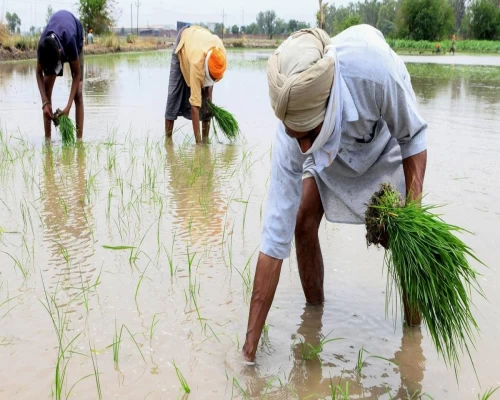
New Delhi: In a move aimed at empowering women in government service, the Centre has amended pension rules to allow female officers of the All India Services - including IAS, IPS, and IFS - to nominate their children instead of their spouse as the recipient of family pension. This change is especially significant for women entangled in marital disputes or domestic violence cases, offering them a greater say in securing their children's financial future.
Until now, as per Rule 22 of the All India Services (Death-cum-Retirement Benefits) Rules, 1958, family pension was granted first to the spouse of the deceased officer. Children and other dependents were eligible only after the spouse’s ineligibility or demise. With the latest notification from the Department of Personnel and Training (DoPT), this hierarchy can now be altered based on the woman officer's preference.
The reform extends provisions introduced earlier this year under the Central Civil Services (Pension) Rules, 2021, which allowed female Central government employees to nominate their children over their husband in family pension matters. That change, effective January 1, 2024, was aimed at supporting women facing ongoing legal disputes, including cases under the Domestic Violence Act and Dowry Prohibition Act.
Now, with the DoPT’s directive, these provisions have been applied mutatis mutandis to All India Services personnel as well, ensuring parity and reinforcing the government’s stance on safeguarding women’s rights in sensitive familial matters.
Additionally, other significant pension reforms have been introduced. Divorced or separated daughters can now directly claim their deceased father's pension without the need for a court decree - a move intended to provide timely financial relief. Furthermore, widows without children are now allowed to remarry and still continue receiving their late husband's pension, provided their income remains below the minimum pension threshold.
These progressive amendments, led by Union Minister Dr. Jitendra Singh, are part of the Centre’s broader effort to ensure gender-sensitive governance. By recognising the unique challenges faced by women in difficult marital circumstances, the government is enabling greater financial autonomy and protection for women and their dependents.
BI Bureau









 (13)_500_x_400.webp)


